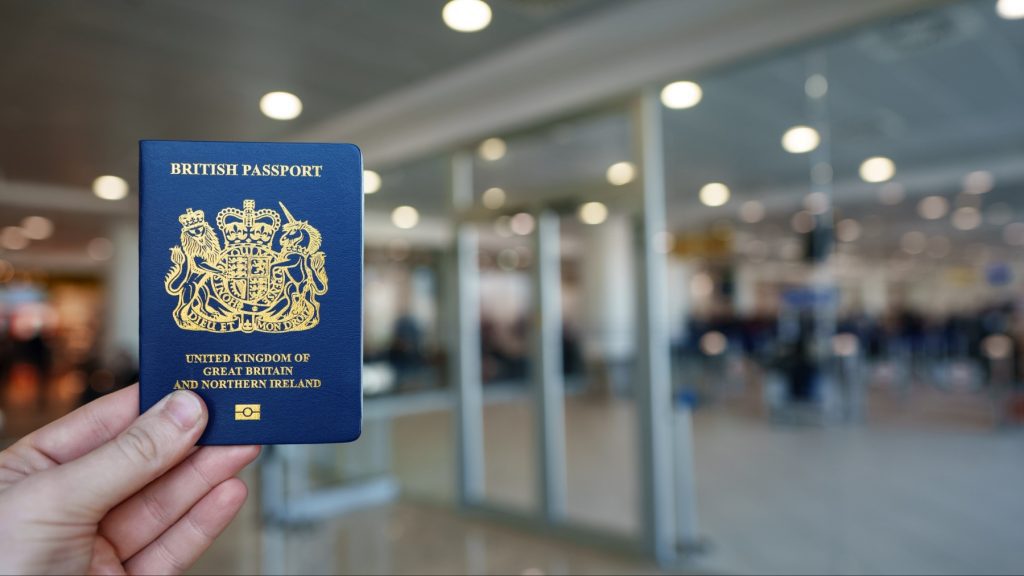
New research indicates “virtual passports” for businesses may save the UK economy as much as $735 million (£600 million) annually by fighting financial crimes, a continuous drain on economic resources.
Global spending on corporate digital identification technologies is projected to hit $26 billion (£21.2 billion) by end of 2024, indicating the ever-rising seriousness of digital verification in fighting fraud.
Digital IDs Combat Economic Crime
Centre for Finance, Innovation and Technology (CFIT), a government-backed body chaired by Charlotte Crosswell, advocates for digital corporate IDs to fight economic crime in the UK. Economic crimes cause massive losses for the country, with fraud and other related crimes projected to reach $245 billion (£200 billion) annually. Digital IDs are seen as key to addressing this problem.
Virtual corporate passports, therefore, have the great potential to reduce such huge losses, financial institutions will be very effective in their operations, leading to a more secure digital economy.
“Economic crime remains a major threat to the UK’s economic security, and it has a profound impact on consumers and businesses alike, we are committed to addressing this issue by fostering innovation that makes the financial services industry more resilient to fraud.” said Crosswell
CFIT is collaborating with major banks like Lloyds, Monzo, Barclays, and Revolut, alongside digital identity firms OneID and Yoti, to develop digital corporate passports for smoother verification and fraud prevention, making it difficult to create fake businesses.
These virtual passports are considered another step toward a “secure smart-data economy,” ensuring only verified businesses access financial services.
Investment in Digital Identification Globally
The global demand for virtual passport digital identification is mushrooming. According to Juniper Research, virtual passport markets reached $15.2 billion globally in 2023 and are projected to exceed $26 billion by the end of 2024.
In the UK, fraud continues to be a major concern, with $1.43 billion (£1.17 billion) stolen in 2023, according to UK Finance. Without these solutions, these numbers could be much higher. Virtual passports and digital IDs do, however, offer hope against this growing threat of economic crime in the country.
This will help the UK join a secure, fraud-resistant financial ecosystem as the digital ID market continues to grow. Embracing such innovations can protect UK businesses, consumers, and the economy from costly financial crime.
Inside Telecom provides you with an extensive list of content covering all aspects of the tech industry. Keep an eye on our Tech sections to stay informed and up-to-date with our daily articles.